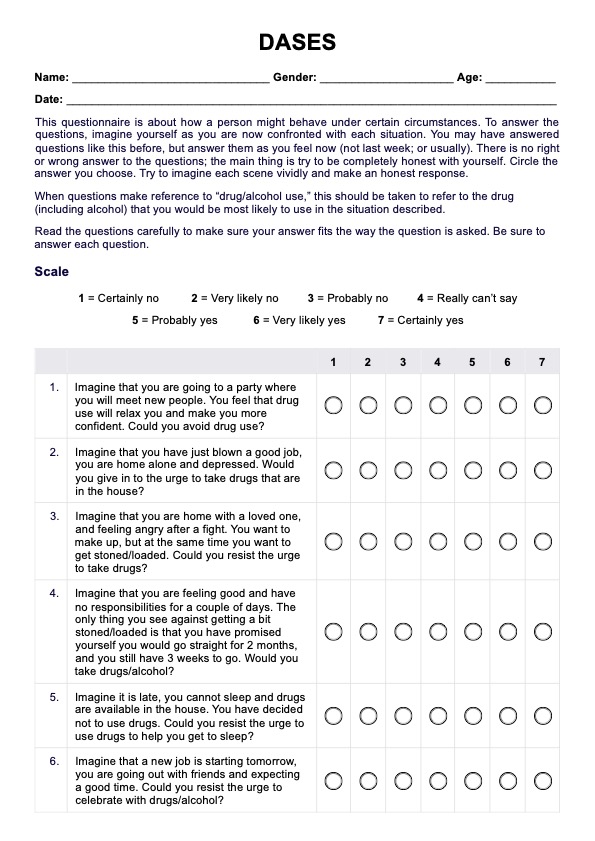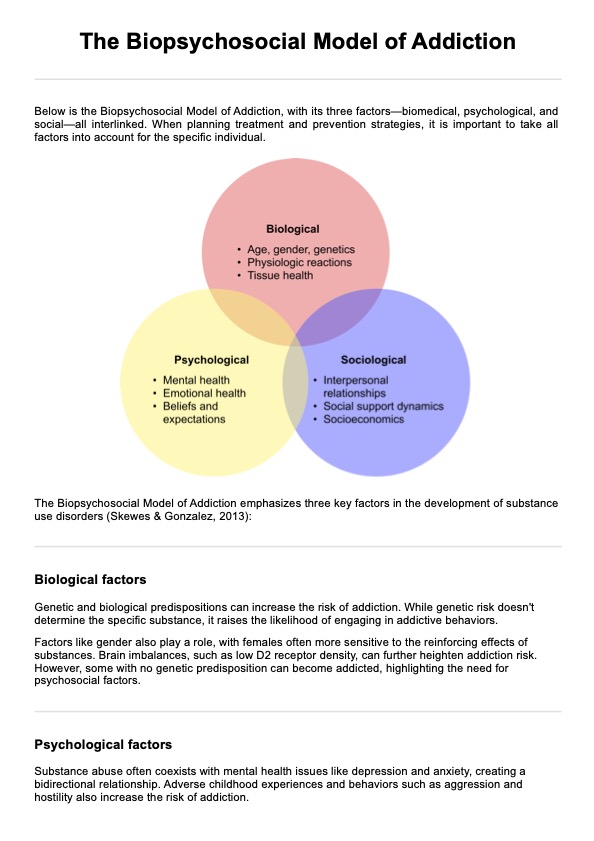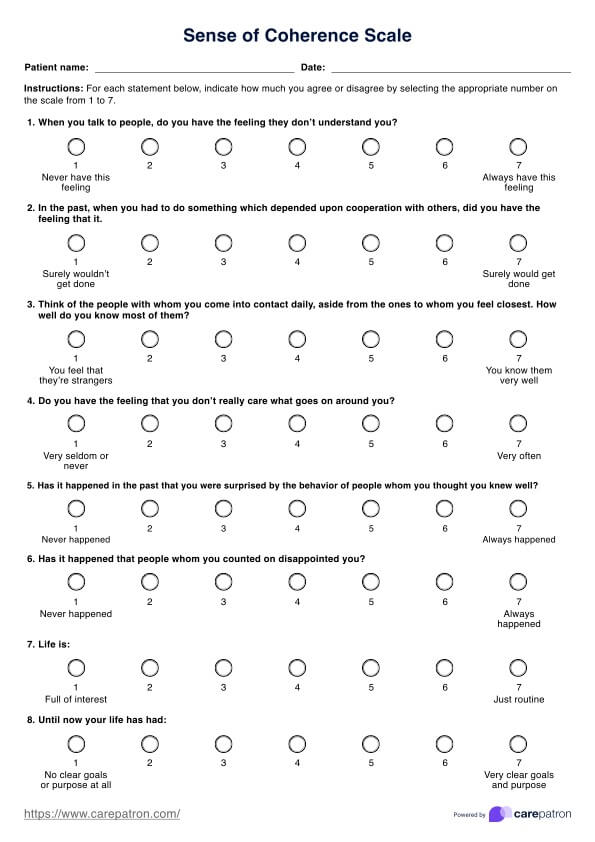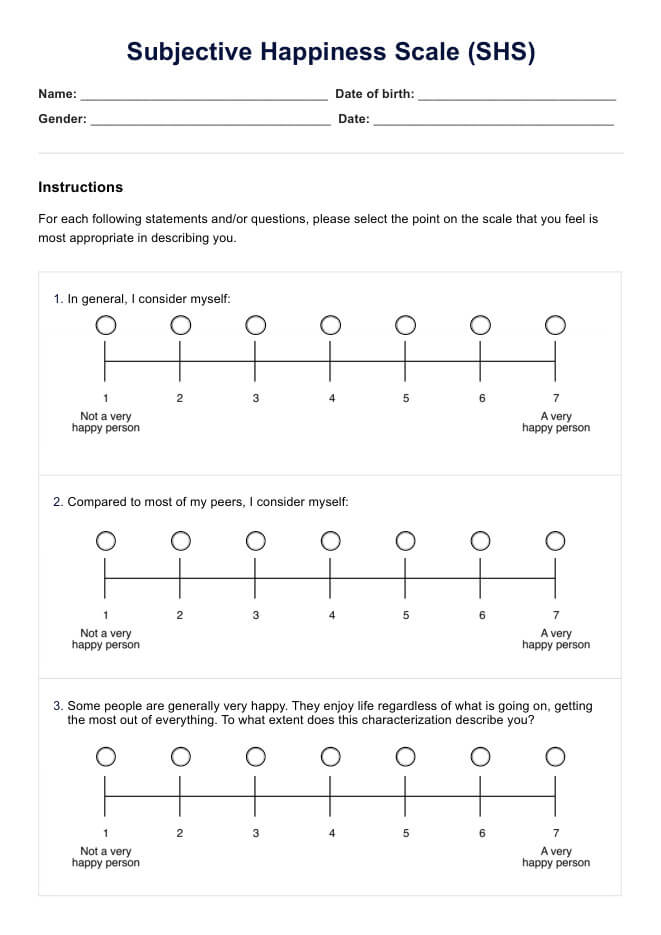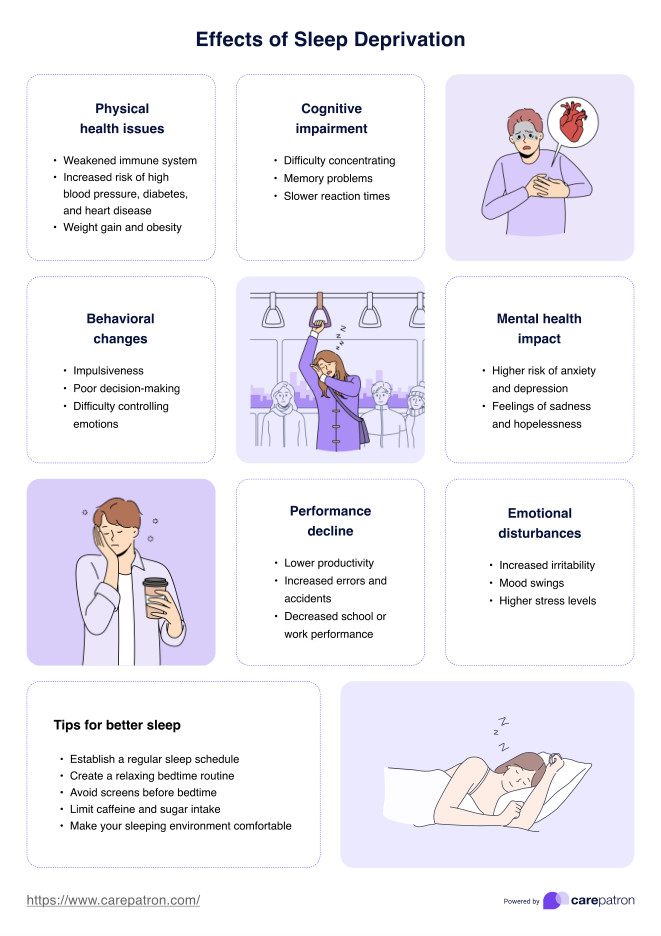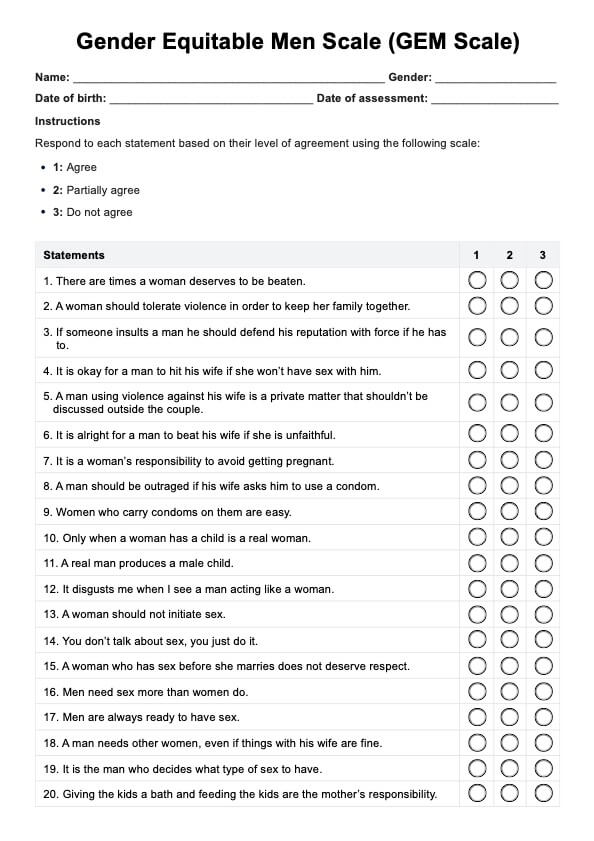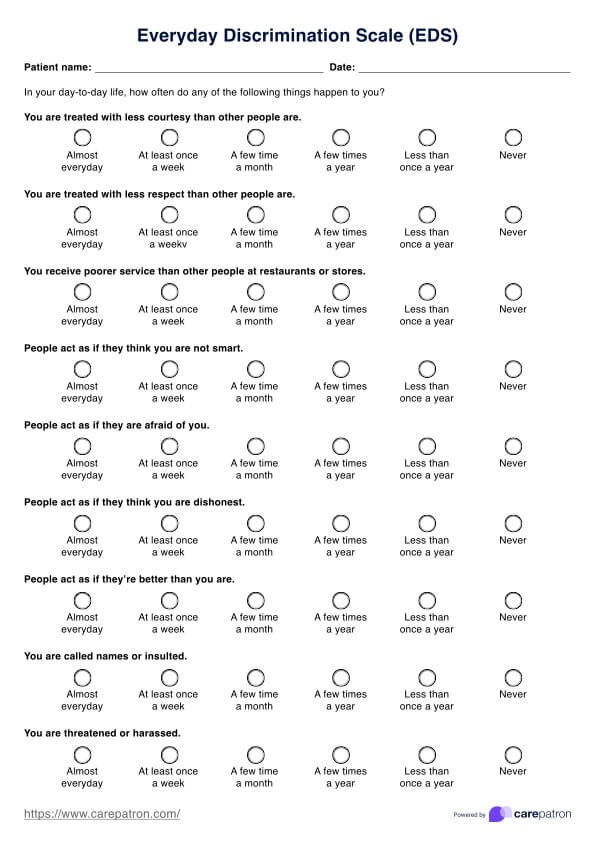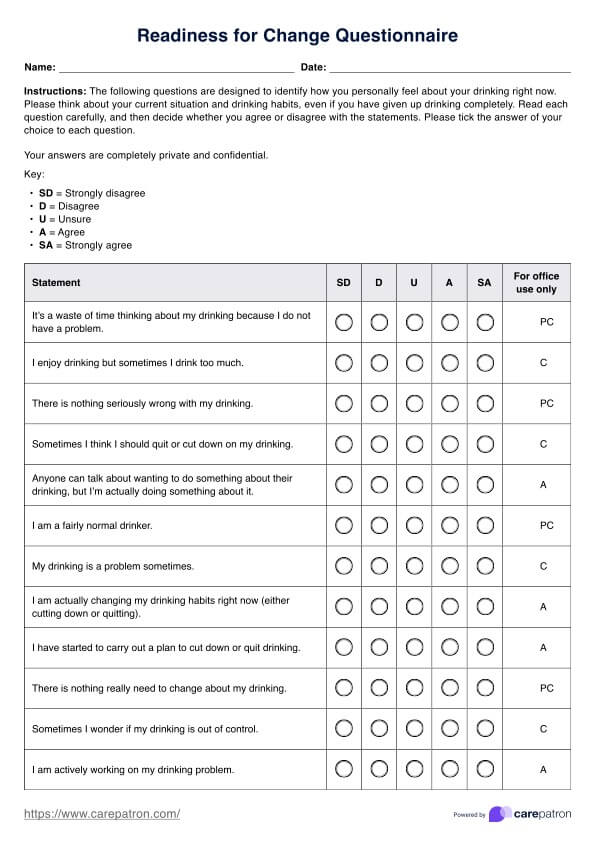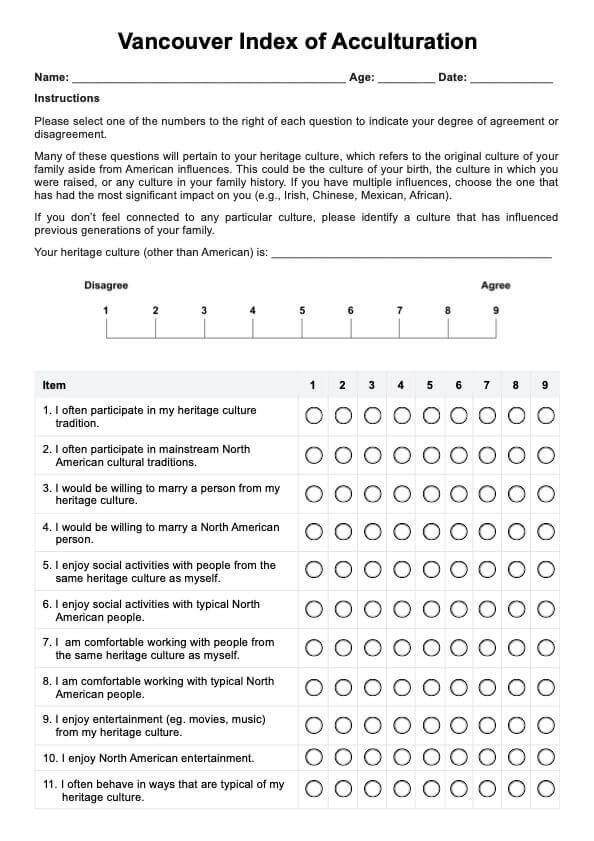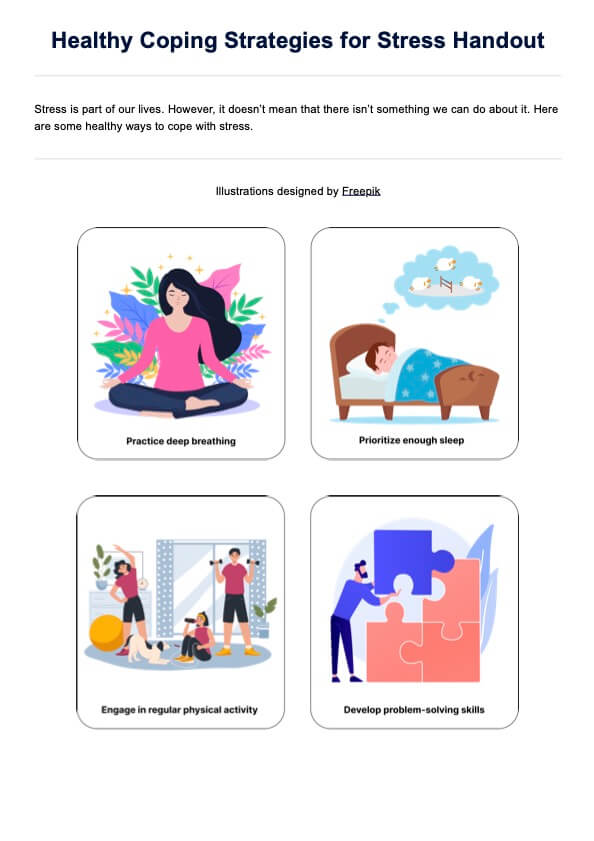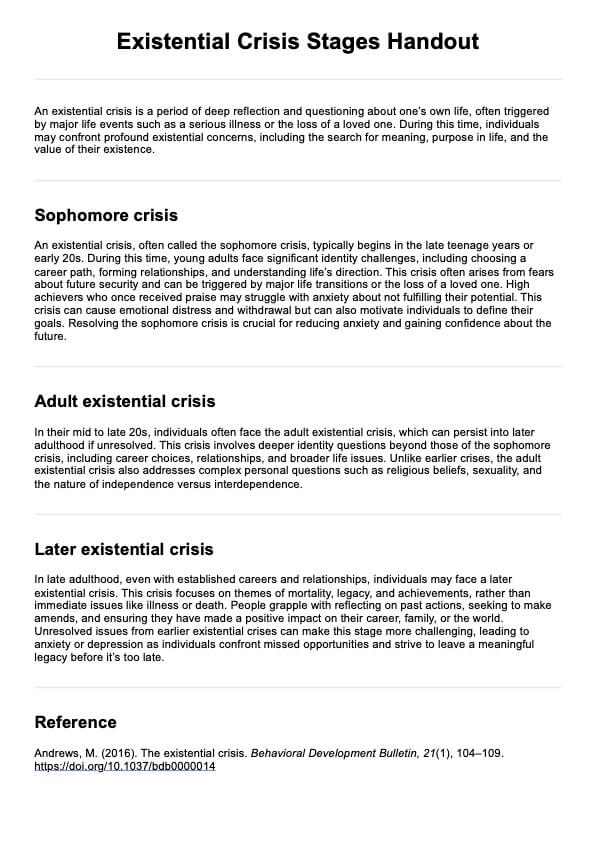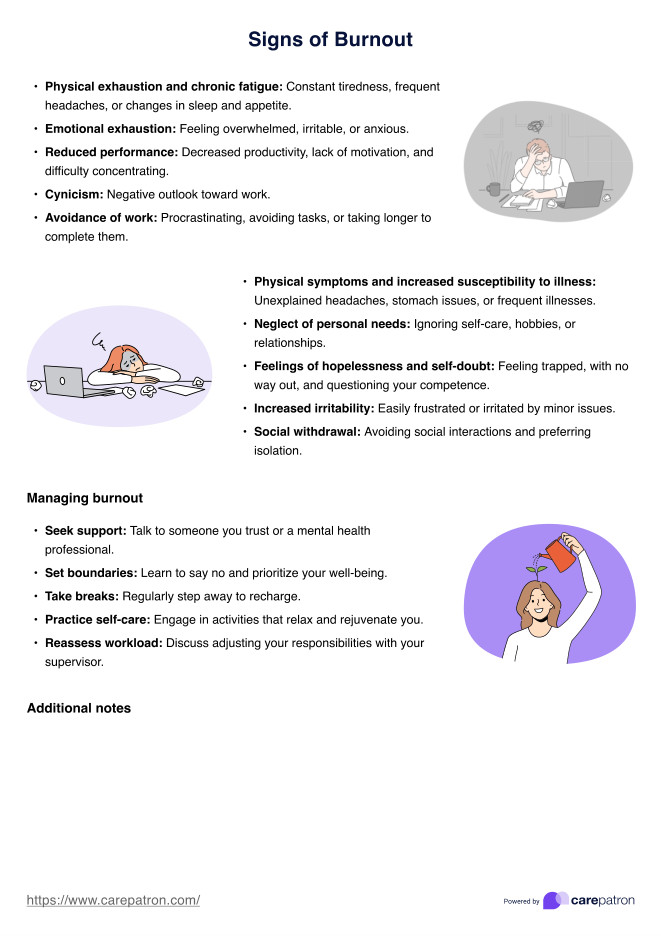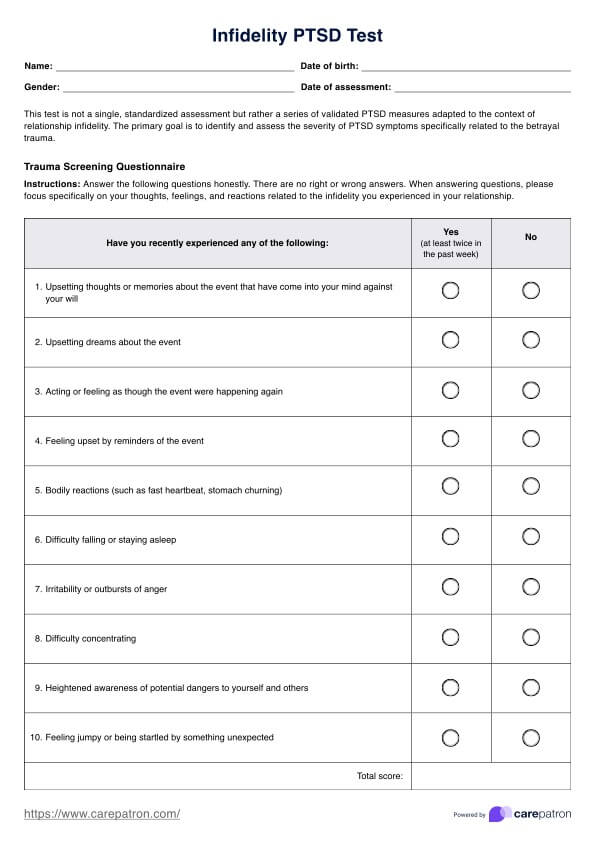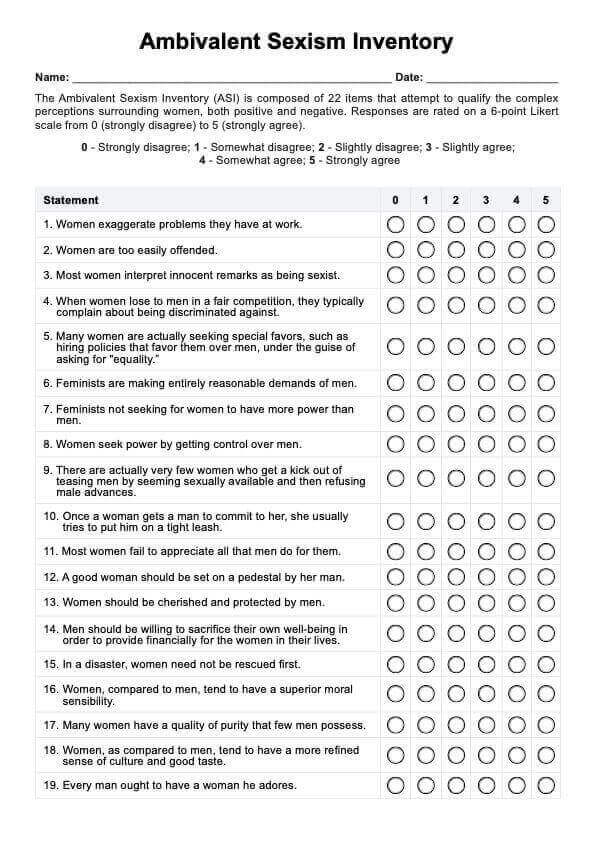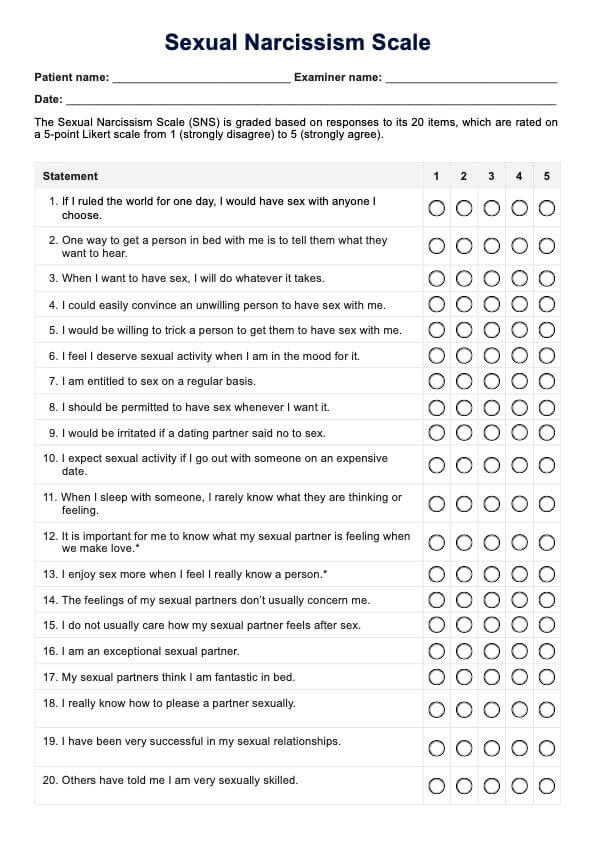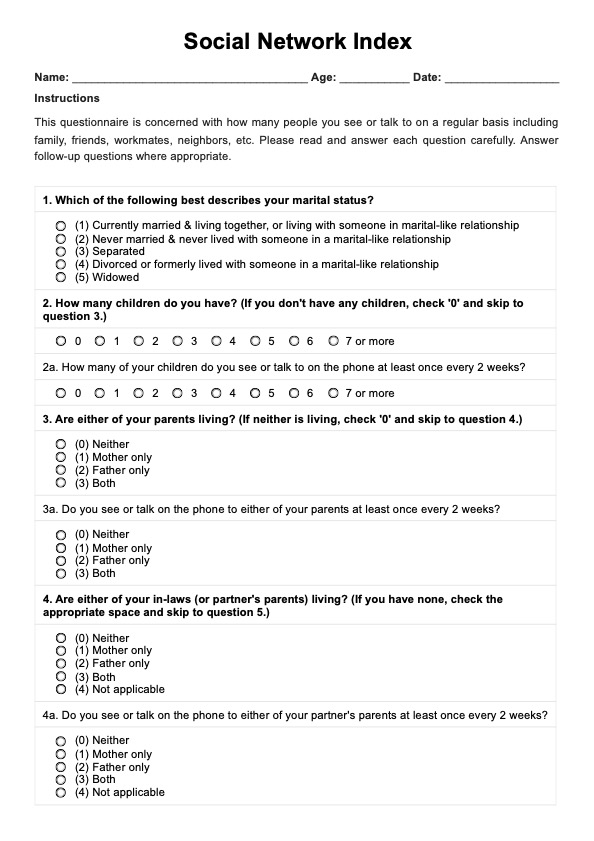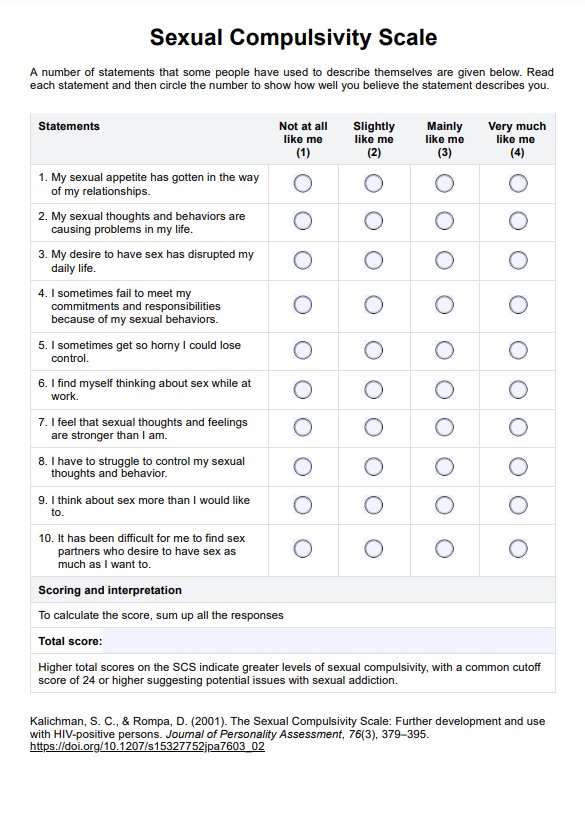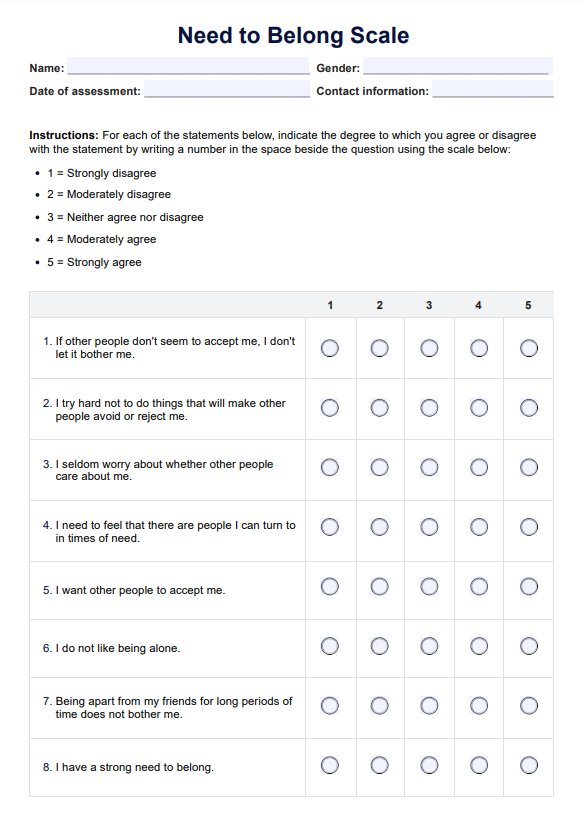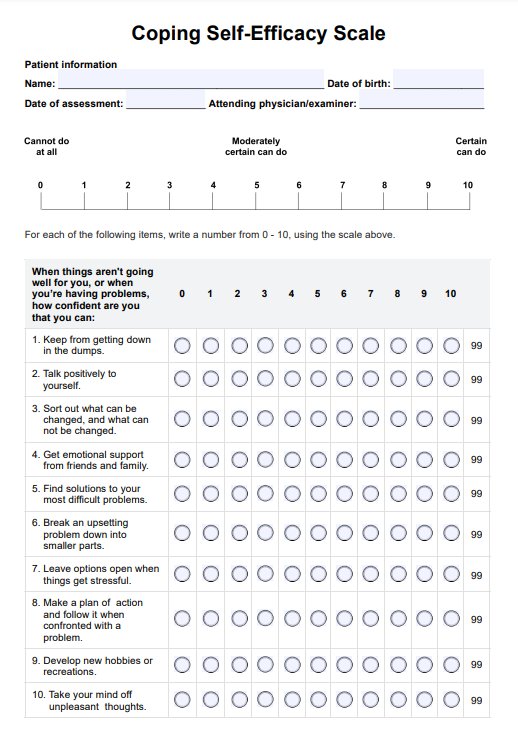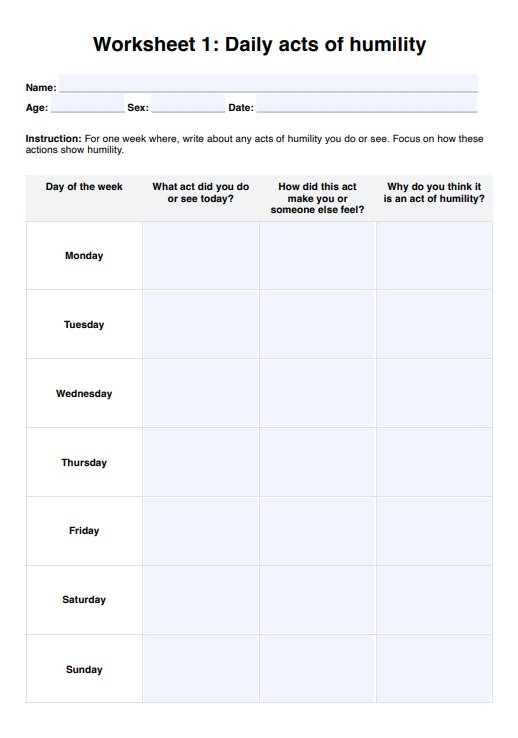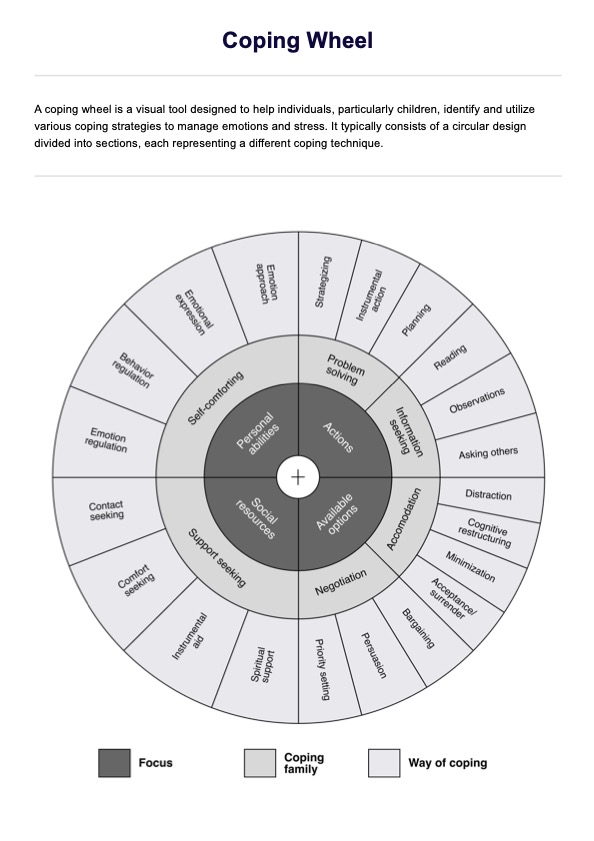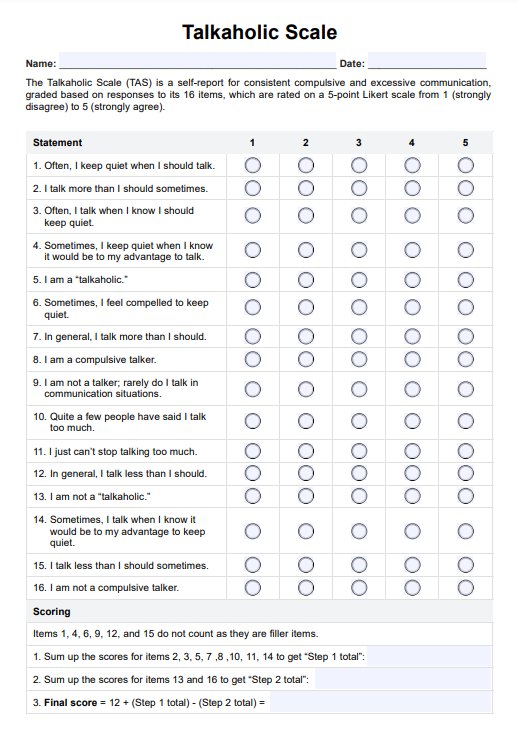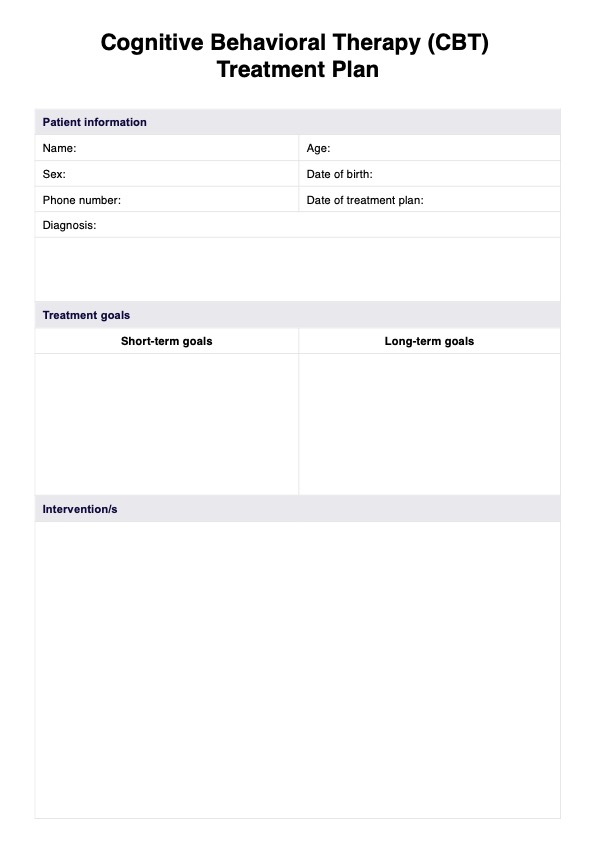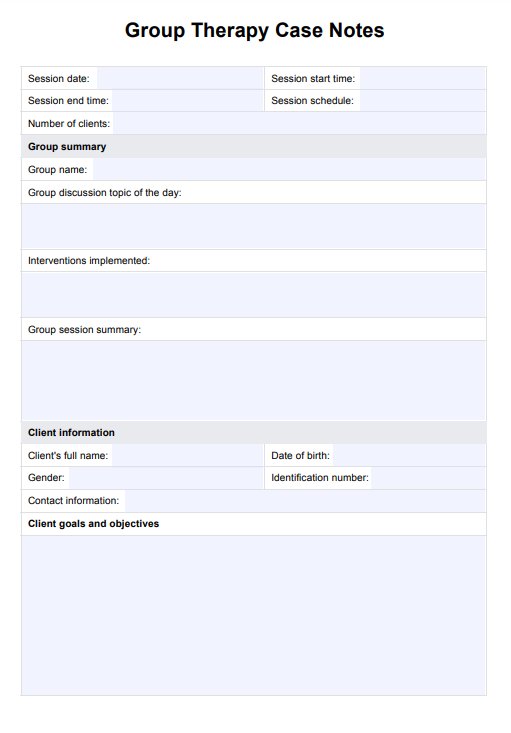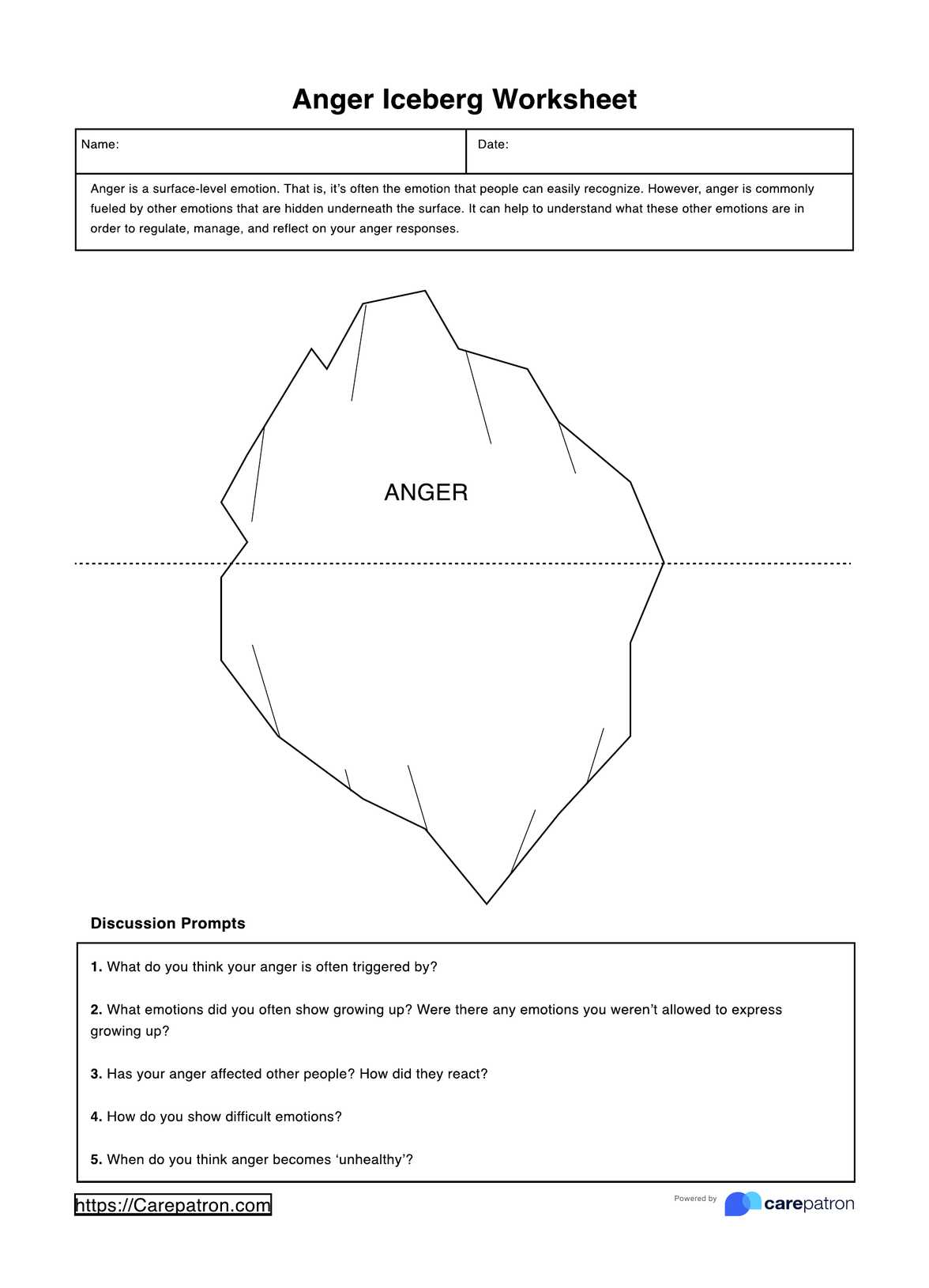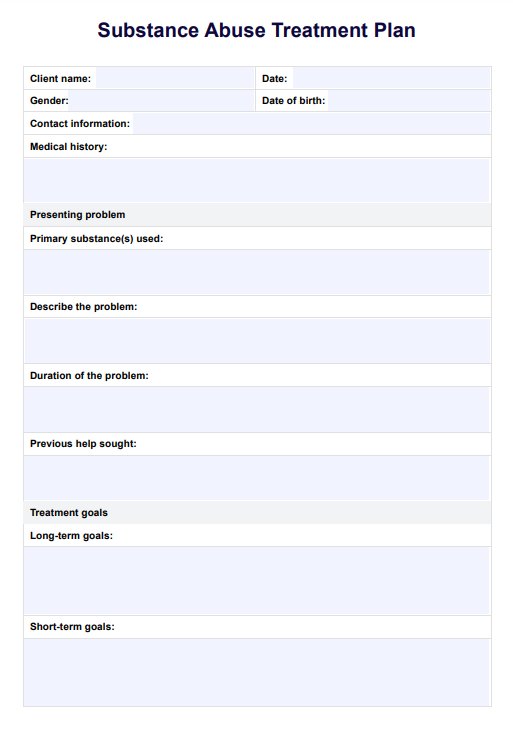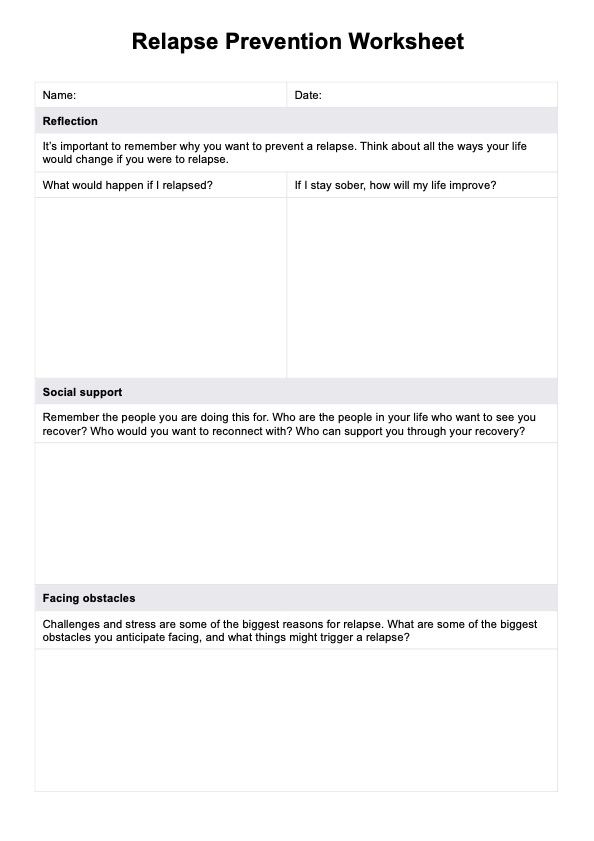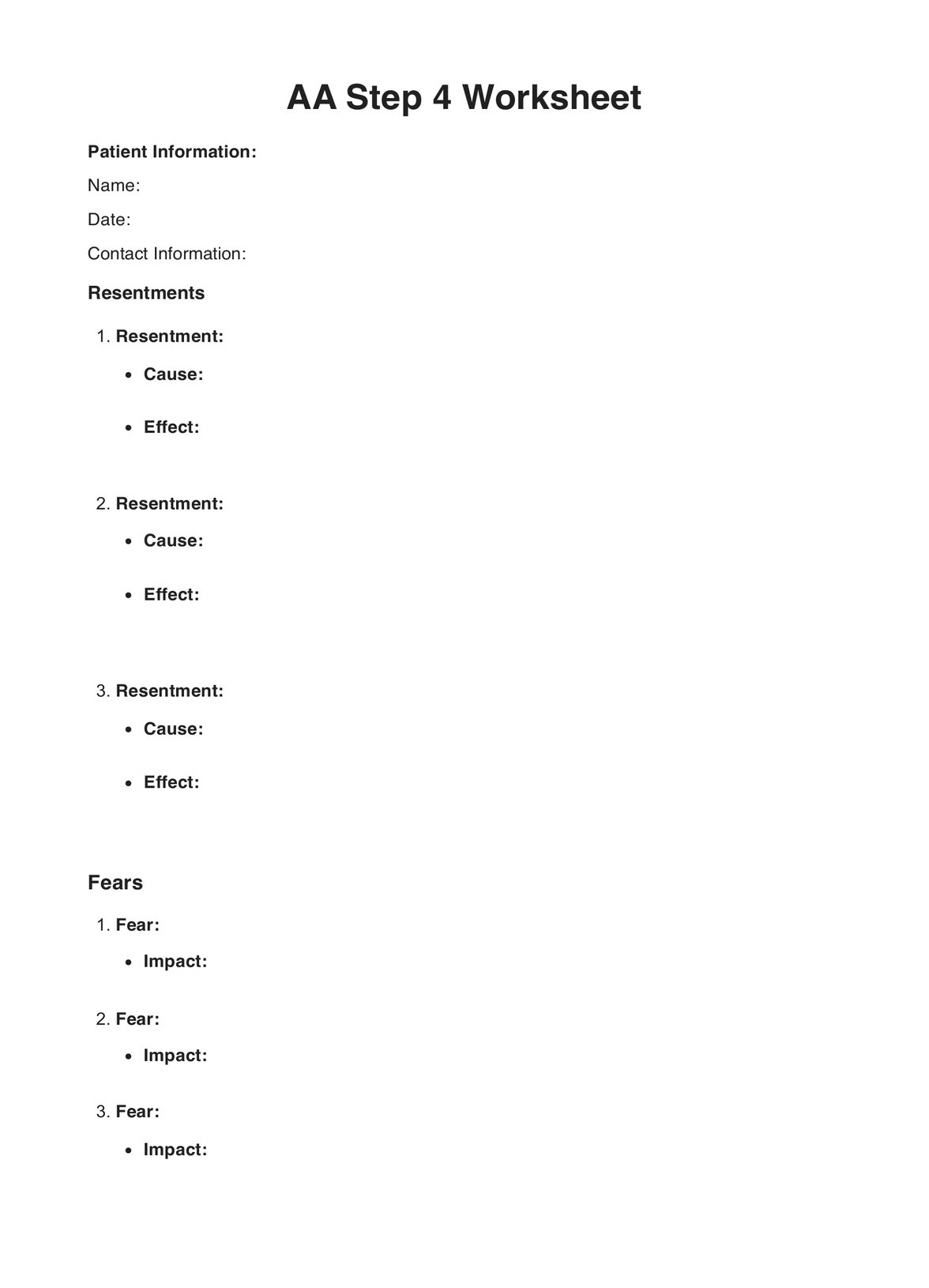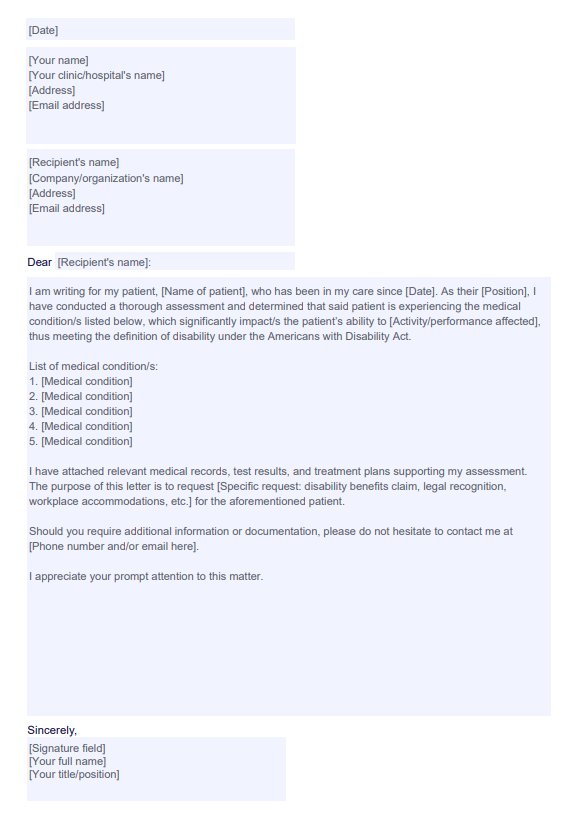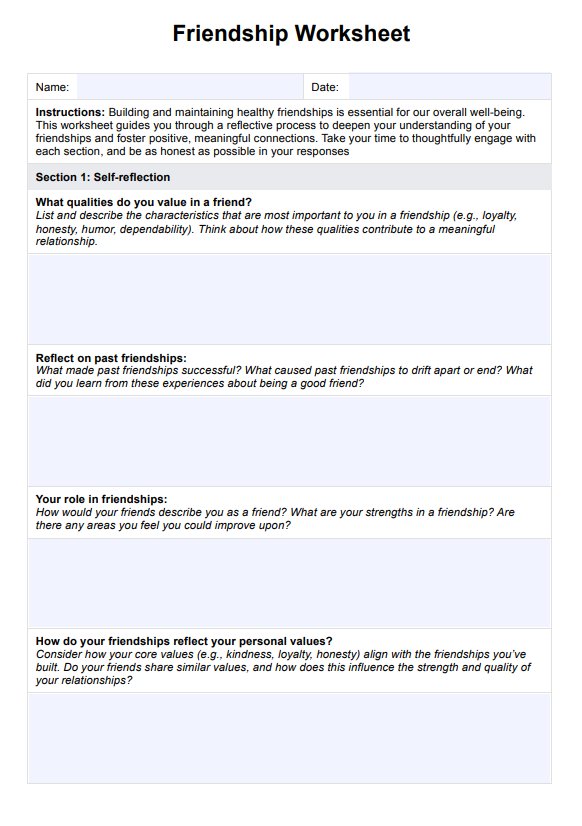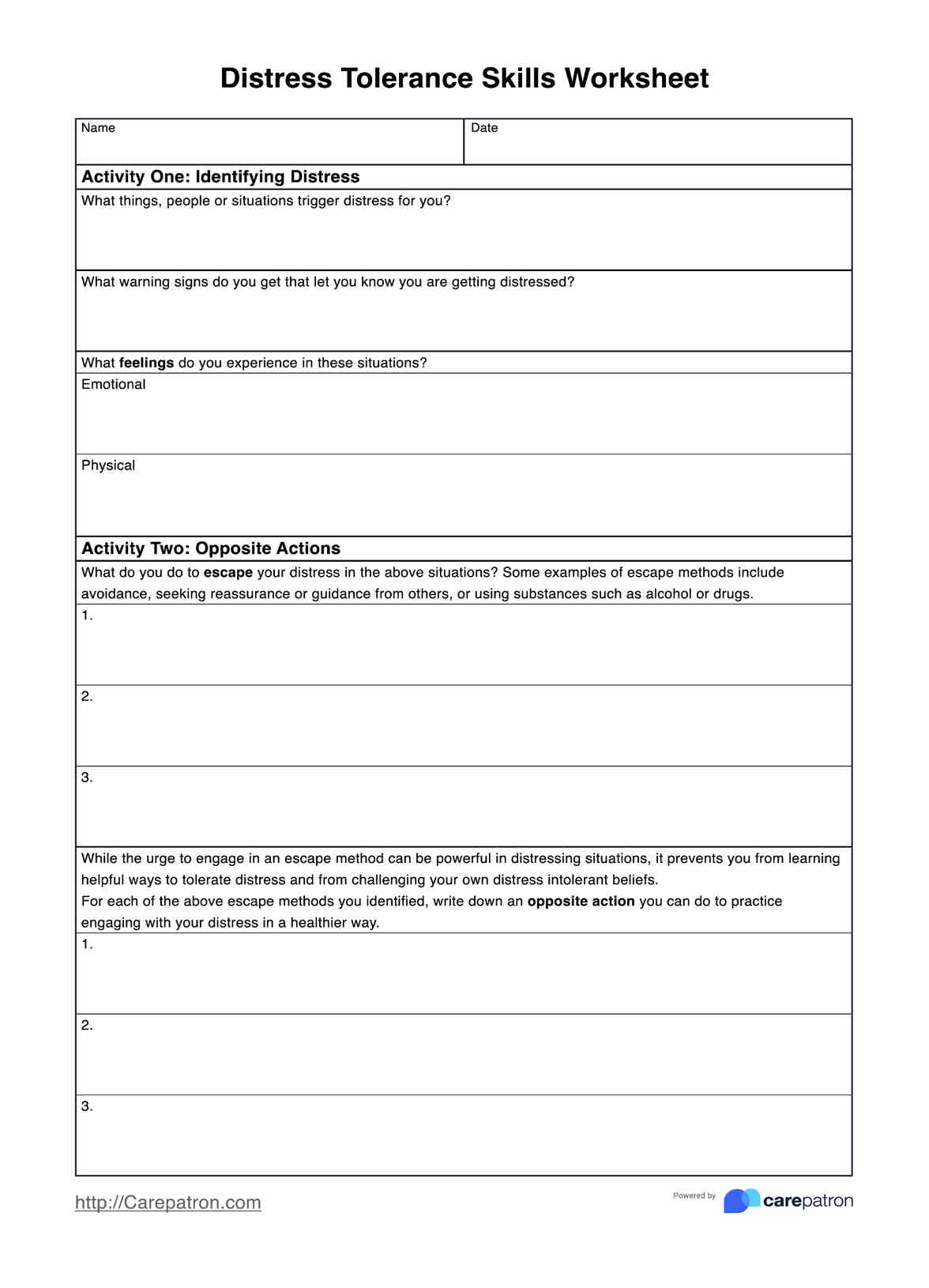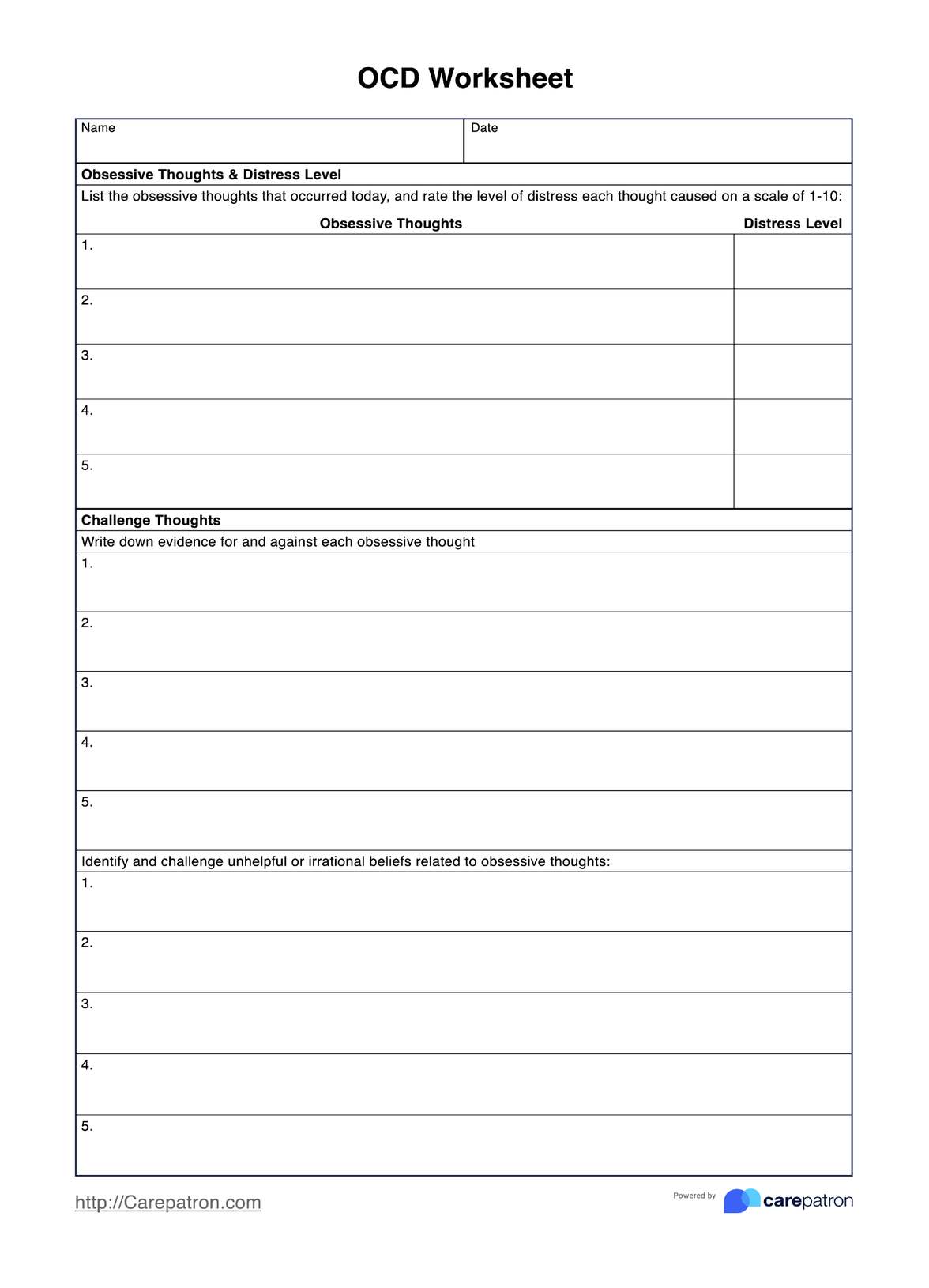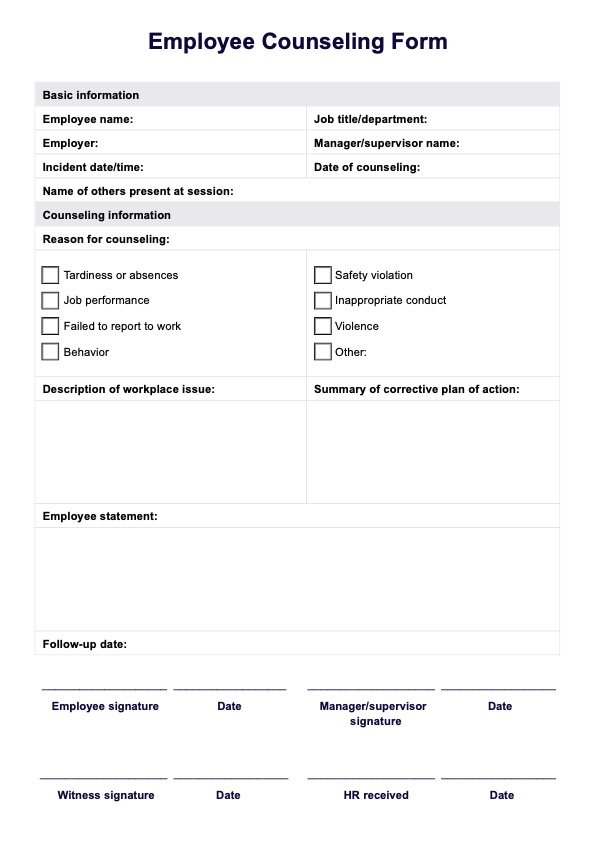AA Step 5 Worksheets
Enhance your healthcare journey with AA Step 5 Worksheets—a valuable resource for personal growth and recovery support.


What is an AA Step 5 Worksheet?
An AA Step 5 Worksheet is a vital tool within the context of Alcoholics Anonymous (AA), a well-known and highly regarded mutual support program designed to help individuals overcome alcohol addiction. Step 5 is one of the 12 steps of the AA program, and it involves admitting to a higher power, oneself, and another human being the exact nature of one's wrongs and past mistakes.
The AA Step 5 Worksheet serves as a structured guide to assist individuals in completing this crucial step. It encourages members to reflect deeply on their past actions, behaviors, and the harm they may have caused themselves and others due to alcoholism.
Typically, an AA Step 5 Worksheet consists of a series of questions and prompts that prompt individuals to:
- Make a comprehensive moral inventory of themselves, acknowledging character defects, resentments, fears, and harmful actions.
- Consider the underlying causes and motivations behind their harmful behaviors and patterns.
- Identify specific instances where they have harmed others emotionally, physically, or otherwise.
- Explore how alcohol addiction has played a role in their actions and decisions.
- Reflect on their readiness to share this inventory with others and their higher power.
Completing this worksheet is an essential part of the recovery process in AA, as it helps individuals gain clarity and self-awareness about their past behavior, paving the way for personal growth and healing. Sharing this inventory with another human being, often a sponsor or trusted fellow AA member, provides accountability and support.
AA Step 5 Worksheets Template
AA Step 5 Worksheets Example
How to use the AA Step 5 Worksheet
Download a Printable AA Step 5 Worksheet
Begin by searching for and downloading a printable AA Step 5 Worksheet from reputable sources like the official AA website or Careatron. Ensure that it's free and readily accessible.
Find a Quiet and Reflective Space
Set aside dedicated time in a quiet, private space to focus without distractions. This step requires deep introspection.
Gather Necessary Materials
Collect writing materials, such as pens, pencils, or a computer if you prefer digital input. Have your previous work from Steps 1-4, if applicable, as it will be referenced during the process.
Read the Instructions
Carefully read through the instructions provided on the worksheet. This will give you a clear understanding of how to proceed and what is expected in this step.
Begin the Inventory
Start with Step 1 by listing your resentments, fears, and character defects. Write down any specific incidents that come to mind where these played a role in your actions or reactions.
Delve into the Details
Describe each resentment, fear, or character defect you list. Describe the situation, who was involved, what happened, and how it made you feel. This is a crucial step in understanding the root causes of your behavior.
Consider Your Part
Reflect on your role in these situations. Be honest and take responsibility for your actions, recognizing where you were at fault.
Review and Edit
After completing your inventory, review it thoroughly. Edit for clarity, honesty, and completeness. This is a personal document, so it's essential to be candid.
Seek a Trusted Confidant
Find a trusted individual to share your inventory with. In AA, this person is often a sponsor or another member with more experience. Ensure they are willing to listen without judgment.
Share Your Inventory
Schedule a meeting with your chosen confidant and read your inventory to them. This step can be emotionally challenging but is a pivotal part of the process.
Listen and Reflect
After sharing, be open to feedback and insights from your confidant. They can provide valuable perspectives and support for your continued growth.
Continue the Journey
Remember that Step 5 is just one part of the AA program. After completing it, move on to Step 6 and beyond, continuing your journey of self-improvement and recovery.
When Would You Use This Form?
The AA Step 5 Worksheet is a valuable resource that various practitioners and individuals can utilize within Alcoholics Anonymous (AA) and addiction recovery. Here are scenarios in which relevant practitioners appropriately use this form
Addiction Counselors and Therapists
Addiction professionals can introduce the AA Step 5 Worksheet as a part of their therapy sessions for clients in recovery. It serves as a structured tool to guide clients through acknowledging past wrongs and exploring the underlying causes of their addiction.
AA Sponsors
Sponsors play a crucial role in guiding newcomers through the 12-step program. They can use the AA Step 5 Worksheet to facilitate the completion of Step 5, helping sponsees inventory their resentments, fears, and character defects and providing a supportive environment for sharing.
Group Therapy Sessions
In group therapy settings focused on addiction recovery, therapists can incorporate the AA Step 5 Worksheet as an individual or group activity. This encourages participants to delve into their experiences, fostering peer support and insight.
Rehabilitation Centers
Rehab centers often integrate AA principles into their treatment programs. The AA Step 5 Worksheet can be a structured exercise in these settings, aiding residents in addressing their past actions and contributing to their overall recovery plan.
Self-Help and Support Groups
Beyond AA meetings, various self-help and support groups for addiction recovery can introduce the AA Step 5 Worksheet to members. This provides a structured means for individuals to work on their inventory in a group context.
Individual Self-Reflection
Anyone on the path to recovery, whether actively involved in AA or not, can use the AA Step 5 Worksheet for personal reflection and growth. It's a valuable resource for anyone seeking to address past wrongs and character defects as part of their recovery journey.
Benefits
Structured Self-Examination
These worksheets offer a structured approach to self-examination, helping individuals systematically identify and acknowledge resentments, fears, and character defects, which is vital for personal growth.
Personal Accountability
By listing past wrongs and taking responsibility for one's actions, AA Step 5 Worksheet users gain a sense of personal accountability, a cornerstone of addiction recovery.
Emotional Healing
Sharing one's inventory with a trusted confidant provides a cathartic release, promoting emotional healing and reducing the burden of guilt and shame.
Guidance in Recovery
For newcomers to AA or those unfamiliar with the 12-step process, these free worksheets serve as an accessible guide, ensuring they navigate Step 5 effectively and remain on the path to recovery.
Enhanced Support
AA Step 5 Worksheets foster community and support, as individuals often share their inventories with sponsors or peers, receiving valuable feedback and encouragement.
Research & Evidence
The AA Step 5 Worksheet is a fundamental tool within the context of Alcoholics Anonymous (AA), a mutual support program established in the 1930s to assist individuals in recovering from alcohol addiction. While the AA program has a long history of anecdotal success and widespread adoption, the specific history of the AA Step 5 Worksheet is not extensively documented.
Research and evidence regarding the effectiveness of AA and its various steps, including Step 5, primarily rely on qualitative and observational studies, personal testimonials, and clinical observations rather than traditional scientific research with control groups and randomized trials. AA's anonymity and privacy principles make conducting formal research on its methods challenging.
However, several studies published between 2018 and 2021 have explored the effectiveness of 12-step programs like AA. One such study, "The Role of 12-Step-Based Mutual-Help Groups in the Moderation of Drinking: A Review," published in the journal Alcoholism Treatment Quarterly in 2018, found that participation in 12-step programs was associated with reduced alcohol use and increased abstinence rates among individuals with alcohol use disorders.
Another study, "Alcoholics Anonymous and Reduced Impulsivity: A Controlled Experiment," published in the journal Substance Use & Misuse in 2021, suggested that AA involvement might lead to reduced impulsivity, a common contributing factor to addiction.
It's important to note that while the AA Step 5 Worksheet is a crucial component of the AA program, the specific research and evidence supporting its effectiveness as an isolated tool may be limited. Instead, the overall success of AA and its steps is attributed to the program's comprehensive and holistic approach to addressing addiction and its peer support and accountability.
References
- Kelly, J. F., Stout, R. L., Magill, M., & Tonigan, J. S. (2011). The role of Alcoholics Anonymous in mobilizing adaptive social network changes: A prospective lagged mediational analysis. Drug and Alcohol Dependence, 114(2–3), 119–126.
- Kelly, J. F., & Hoeppner, B. (2018). Does Alcoholics Anonymous work differently for men and women? A moderated multiple-mediation analysis in a large clinical sample. Drug and Alcohol Dependence, 192, 262–269.
- McKellar, J., Stewart, E., & Humphreys, K. (2003). Alcoholics Anonymous involvement and positive alcohol-related outcomes: Cause, consequence, or just a correlate? A prospective 2-year study of 2,319 alcohol-dependent men. Journal of Consulting and Clinical Psychology, 71(2), 302–308.
Commonly asked questions
Yes, digital tools and apps, like Carepatron, are designed to assist individuals in completing and managing their Step 5 inventory. These tools provide a secure and convenient way to engage in the recovery process.
The frequency of revisiting Step 5 varies from person to person. Some individuals may review it periodically as part of their ongoing self-improvement, while others may focus on it once during their initial recovery. It ultimately depends on individual needs and goals.
While Step 5 is a part of the AA program designed explicitly for alcohol addiction recovery, the concept of self-inventory and sharing can be adapted for addressing other personal issues and emotional healing outside of addiction recovery. However, consulting with a qualified therapist or counselor for guidance is essential.


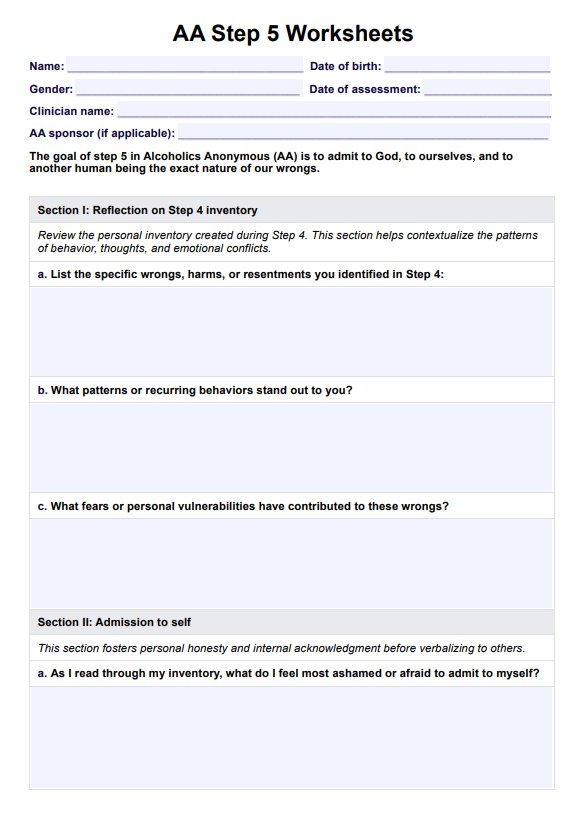
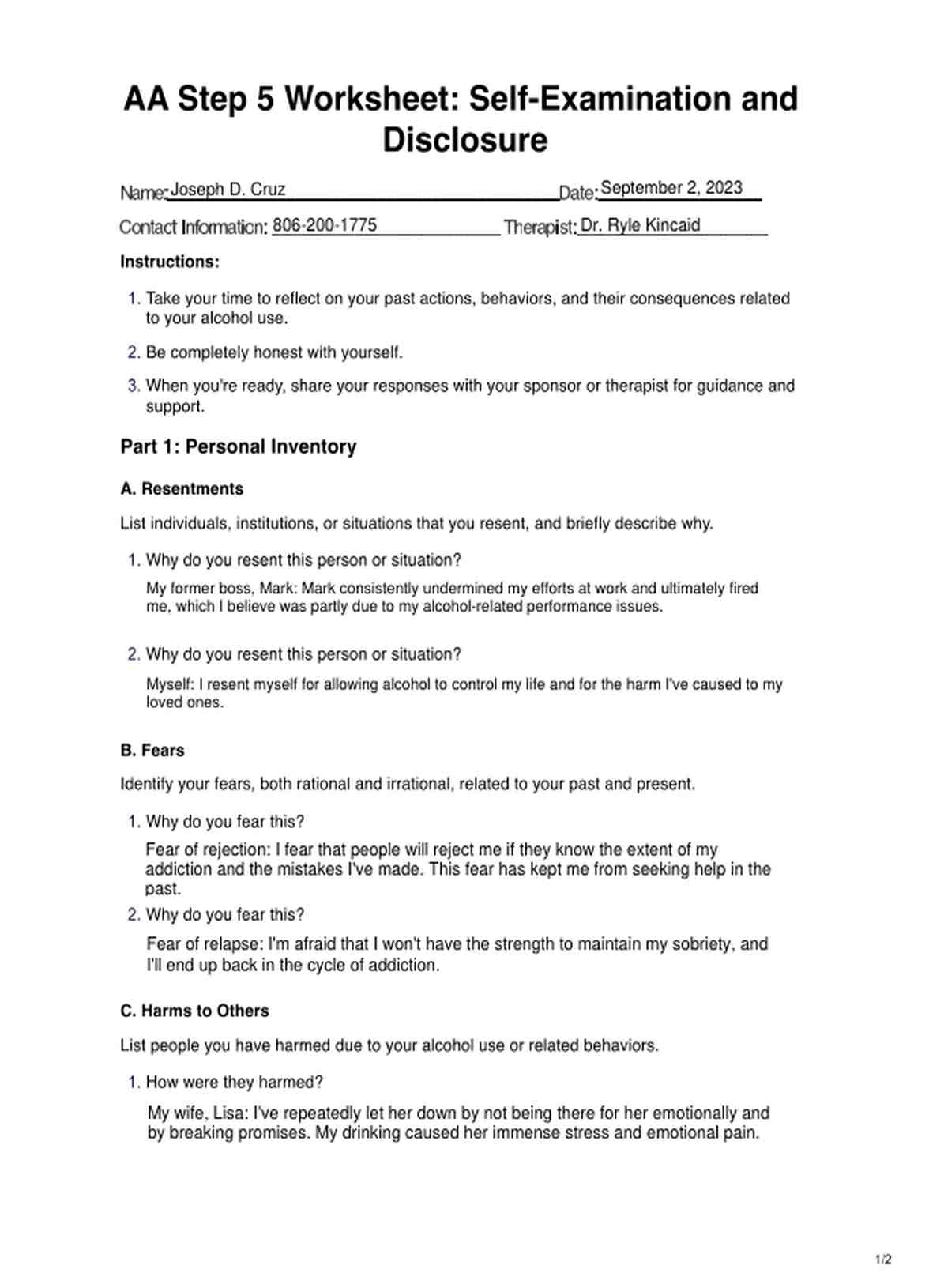

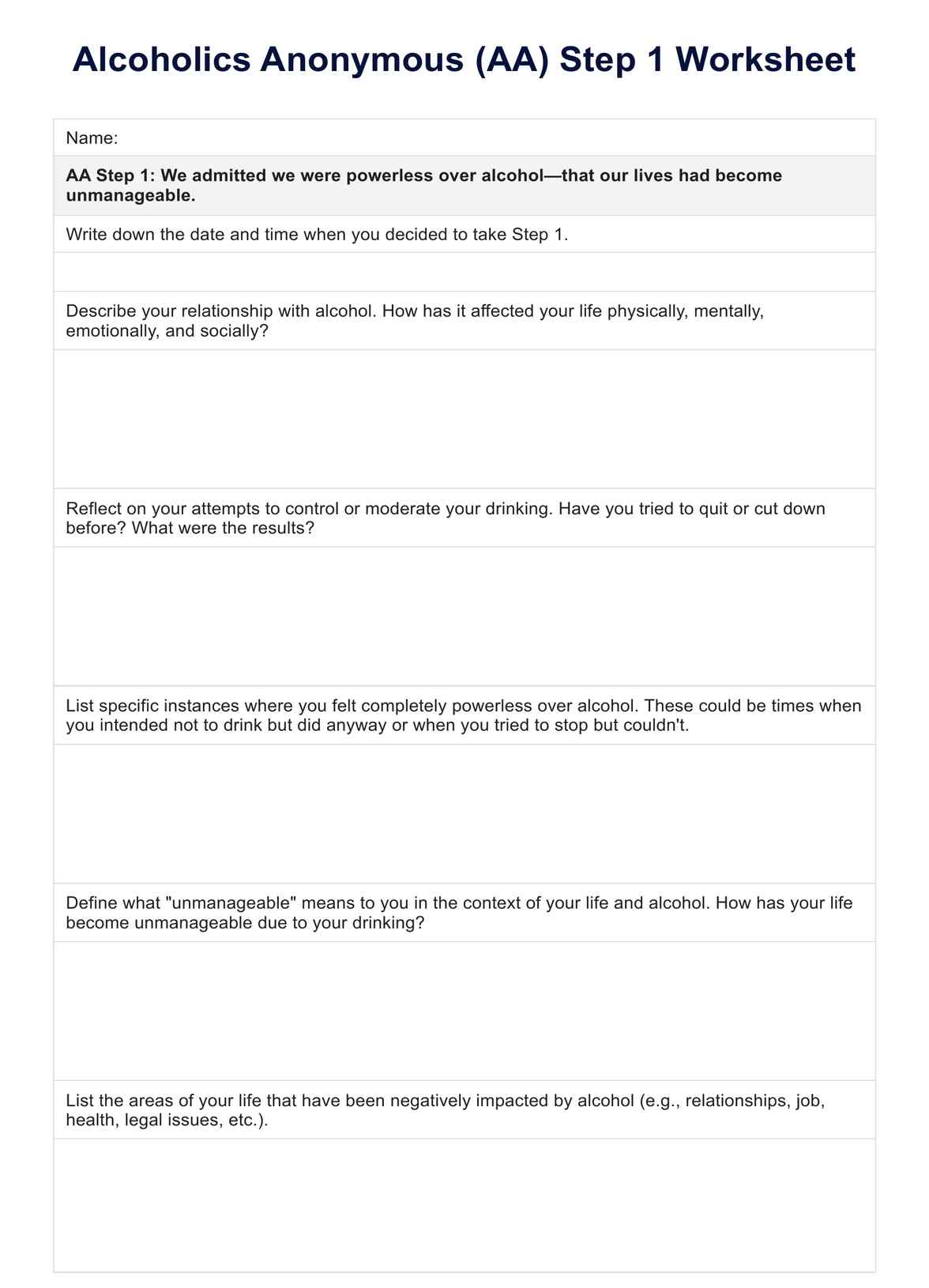
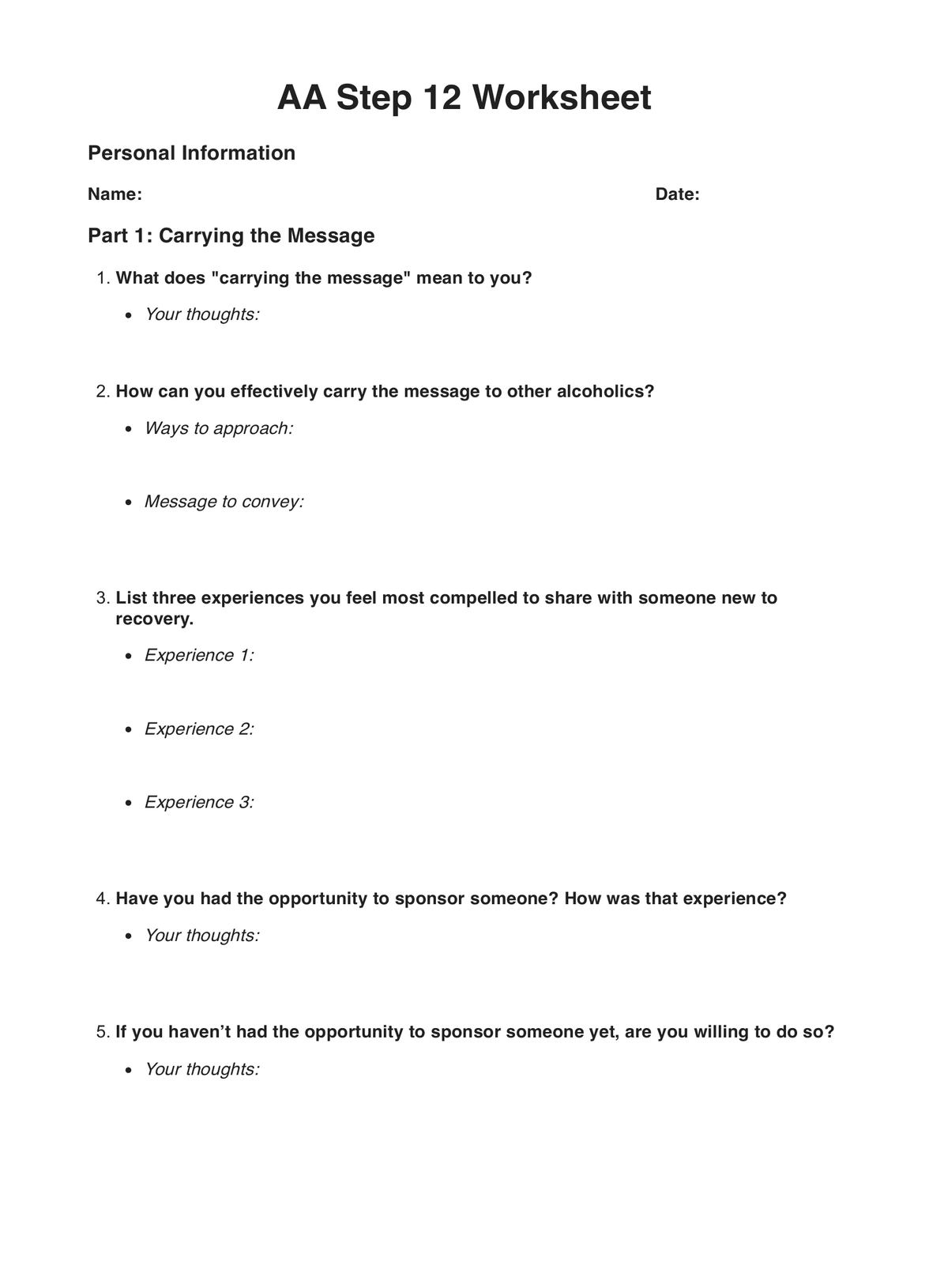
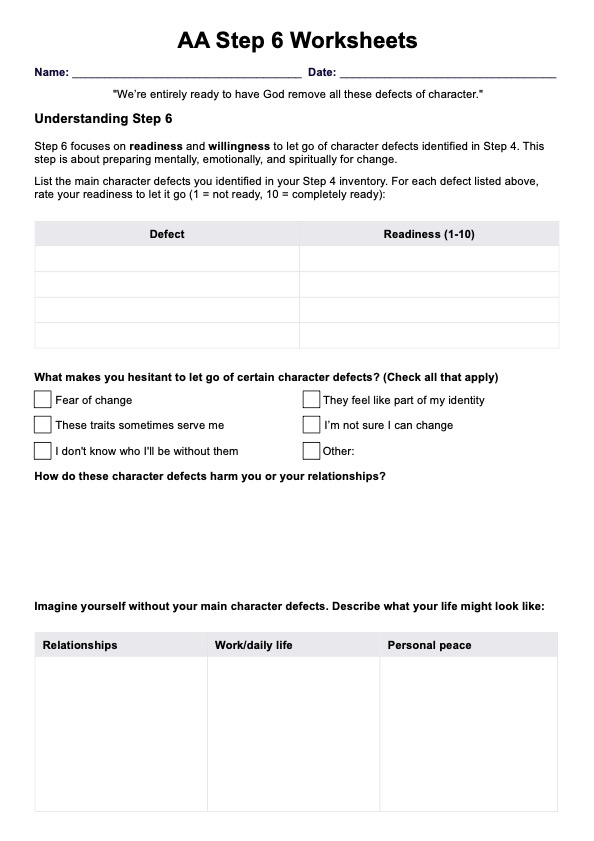
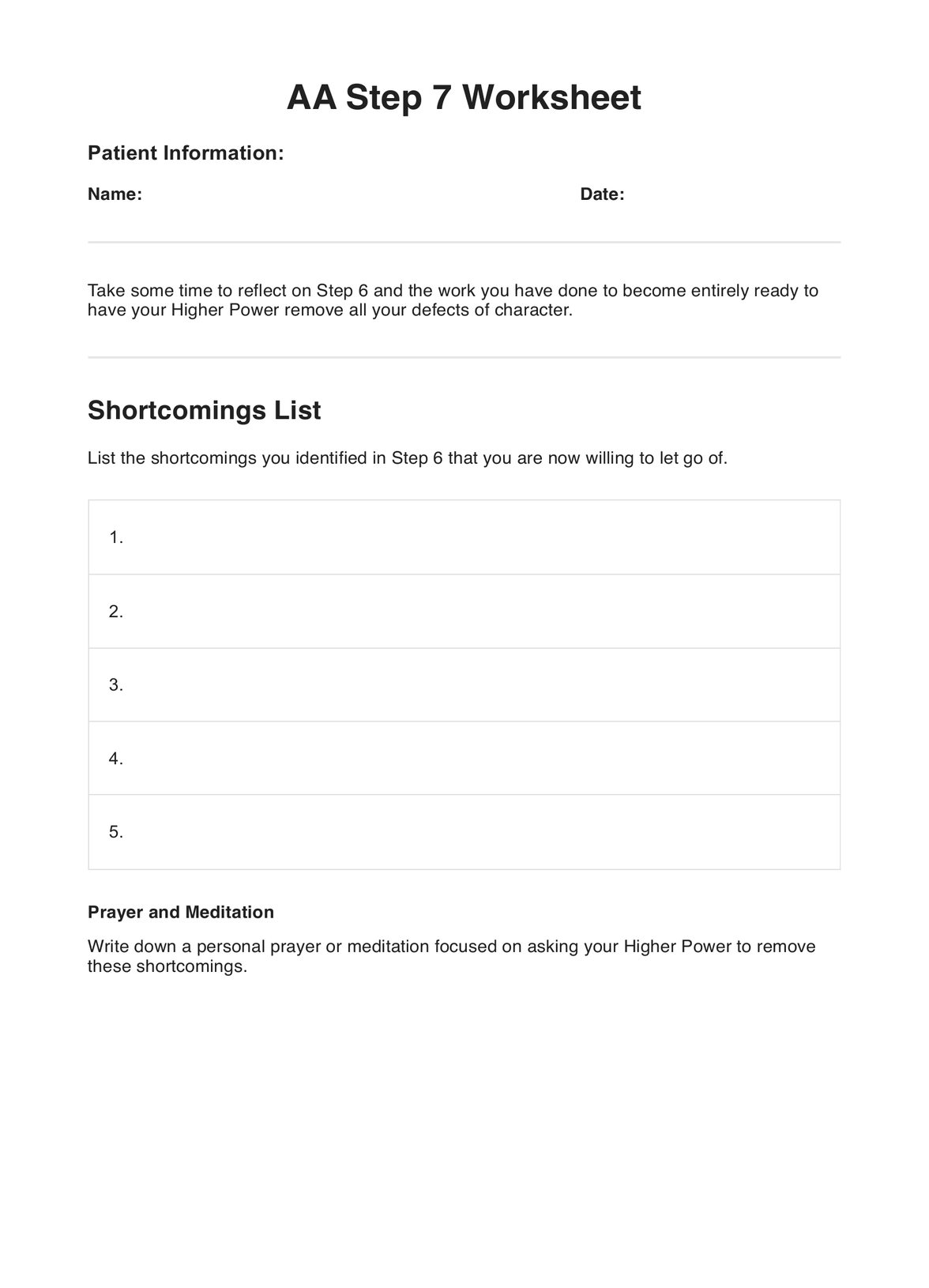
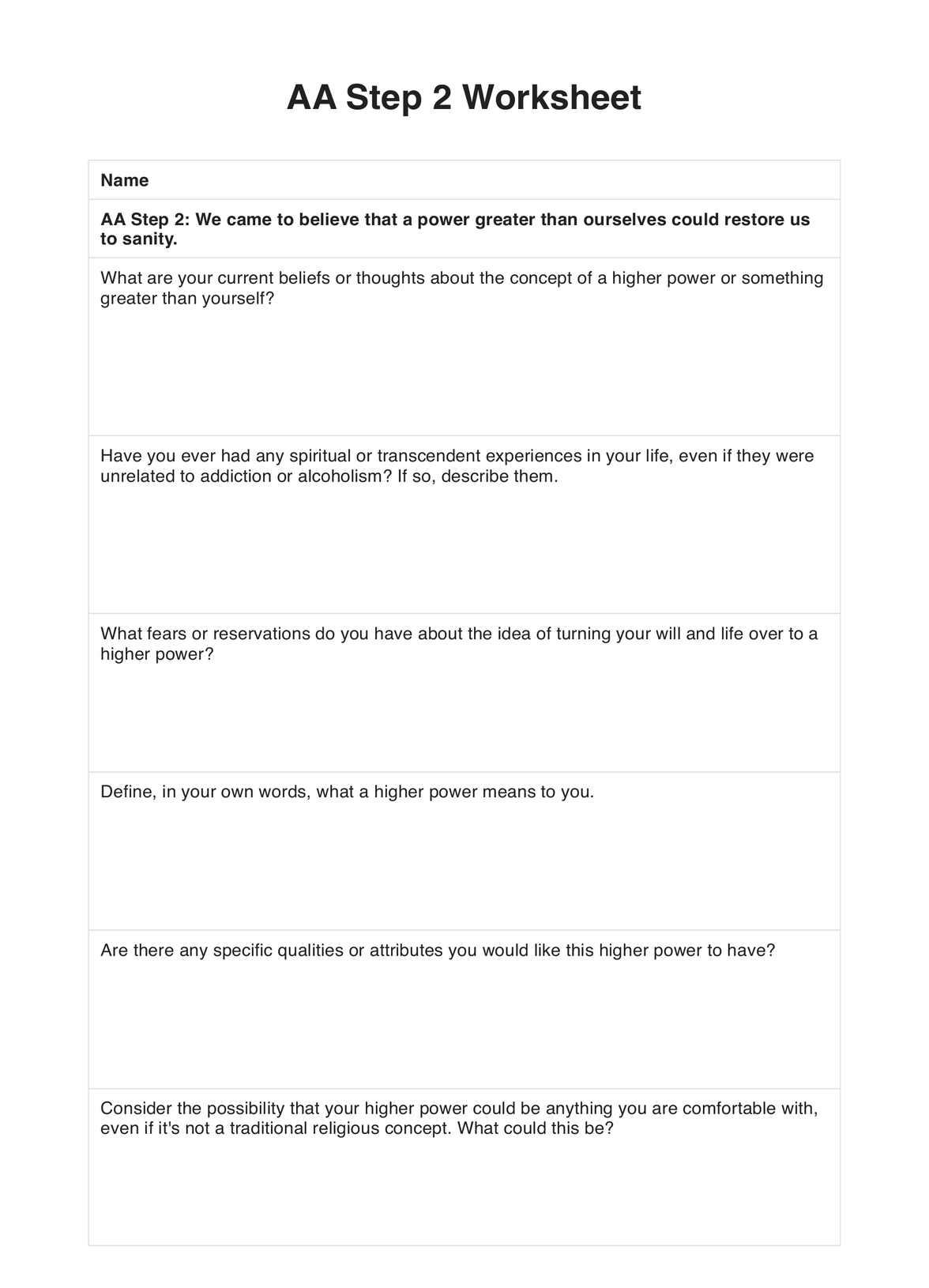
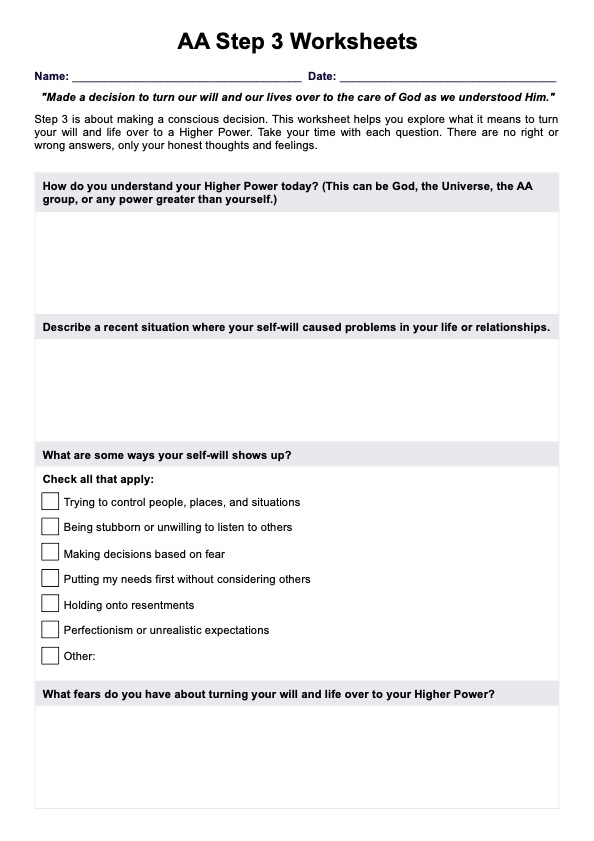
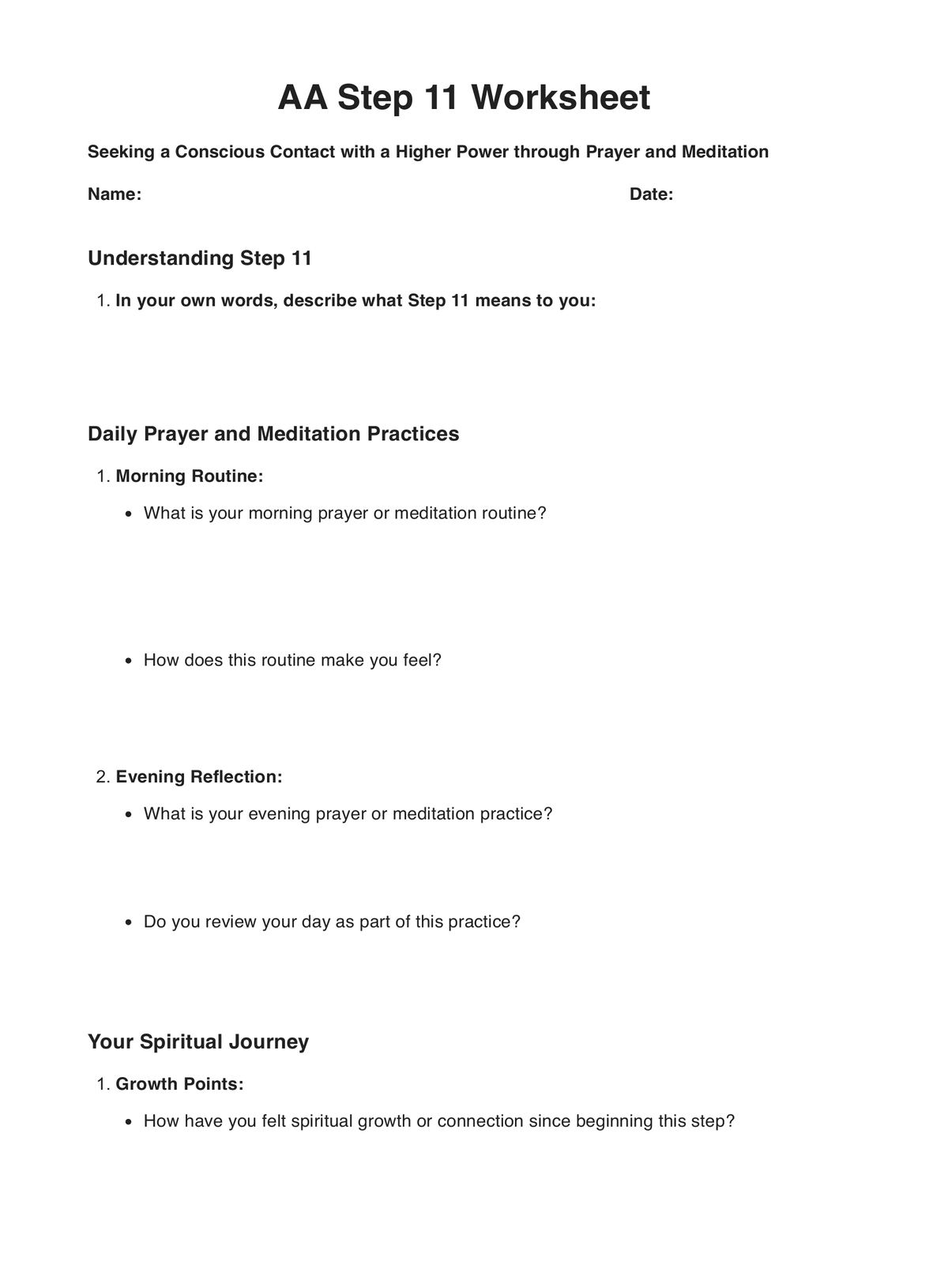
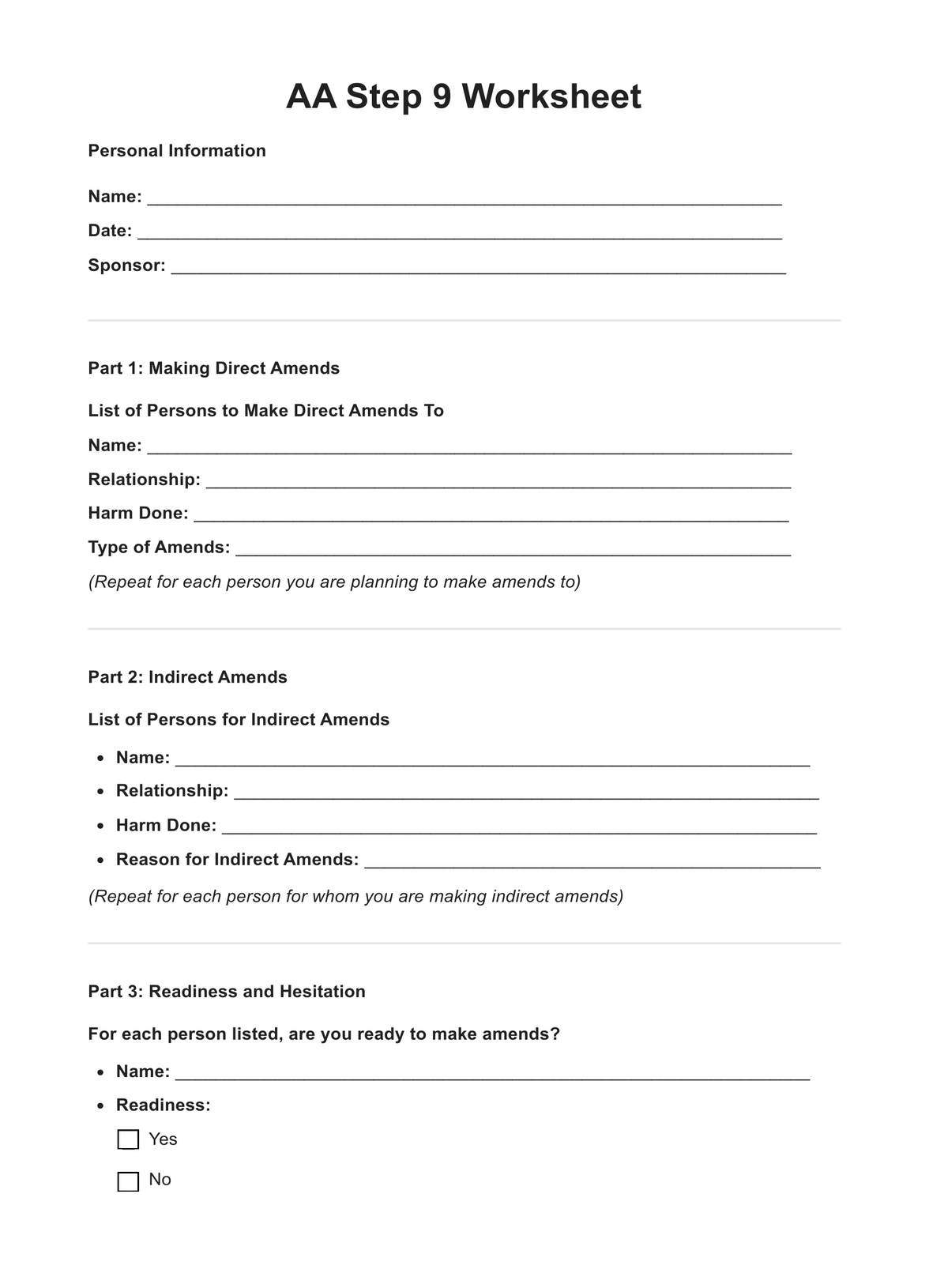
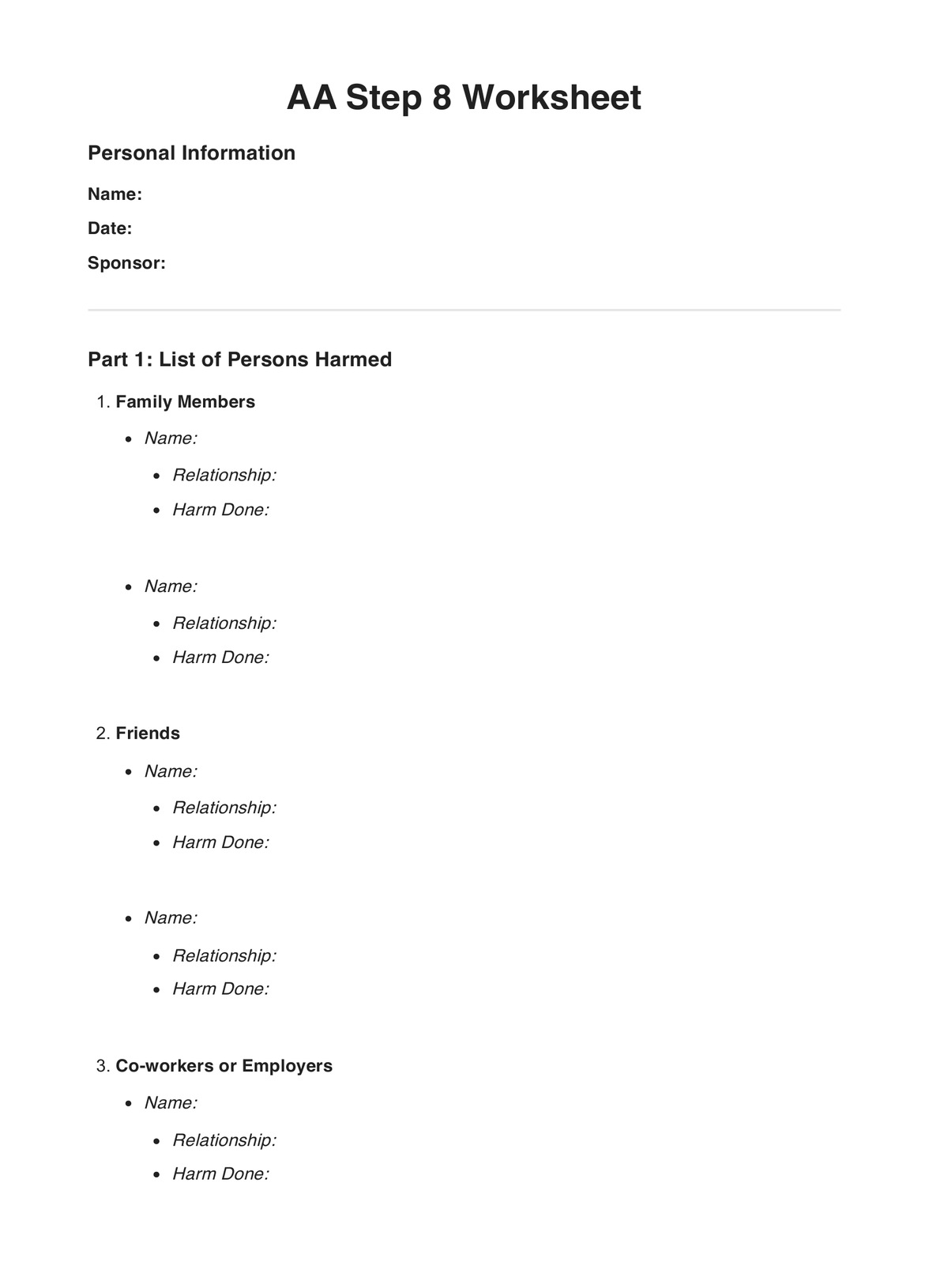
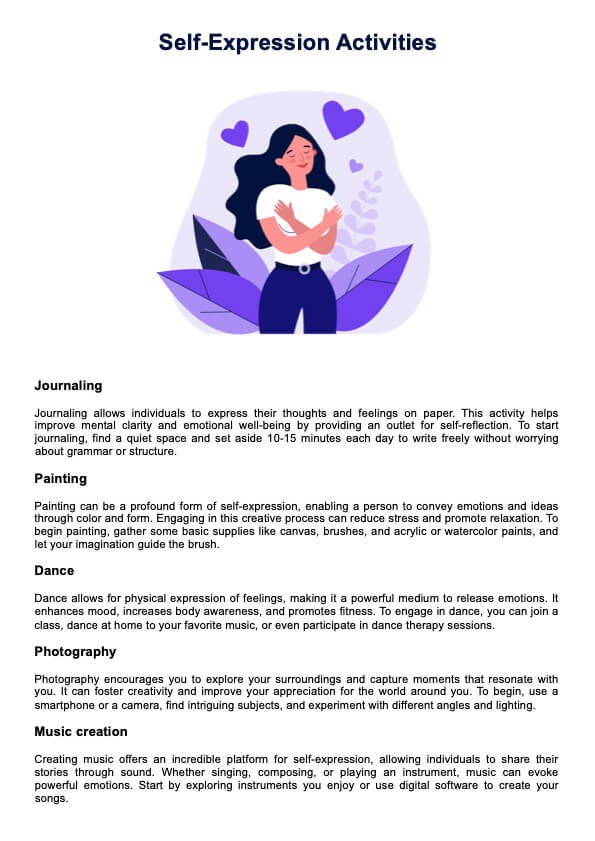
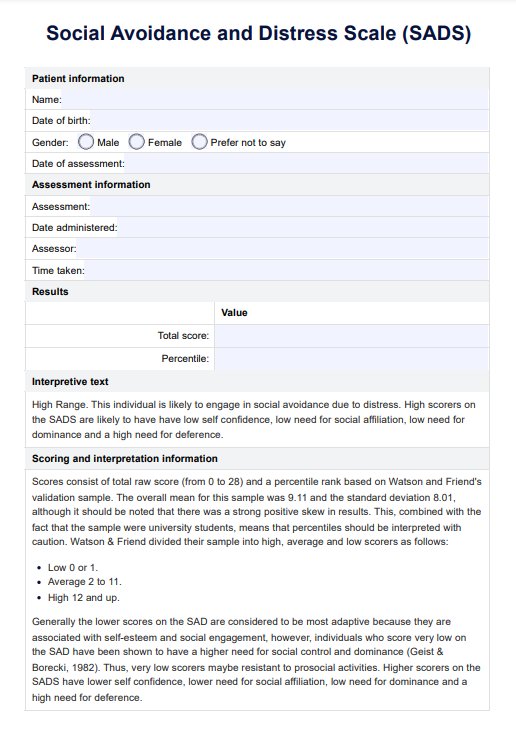
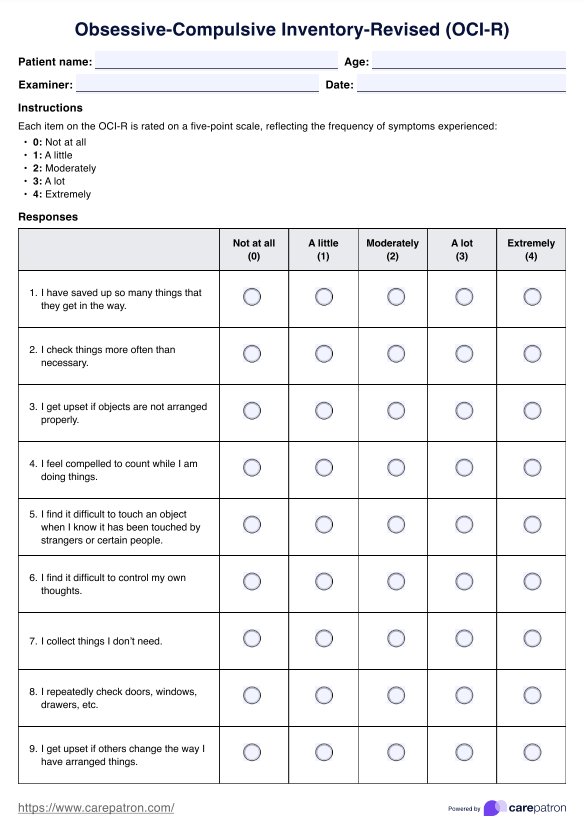









-template.jpg)


